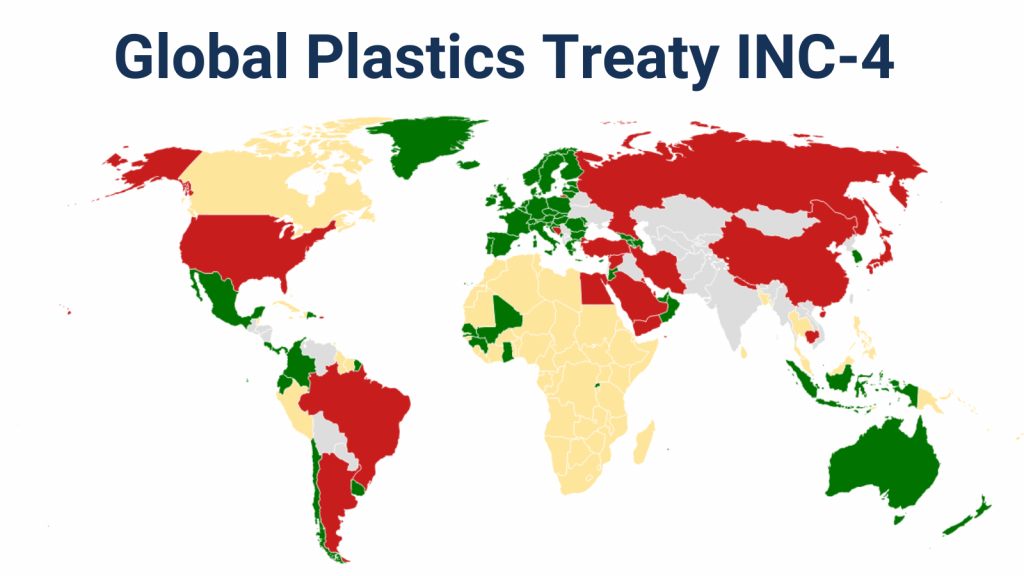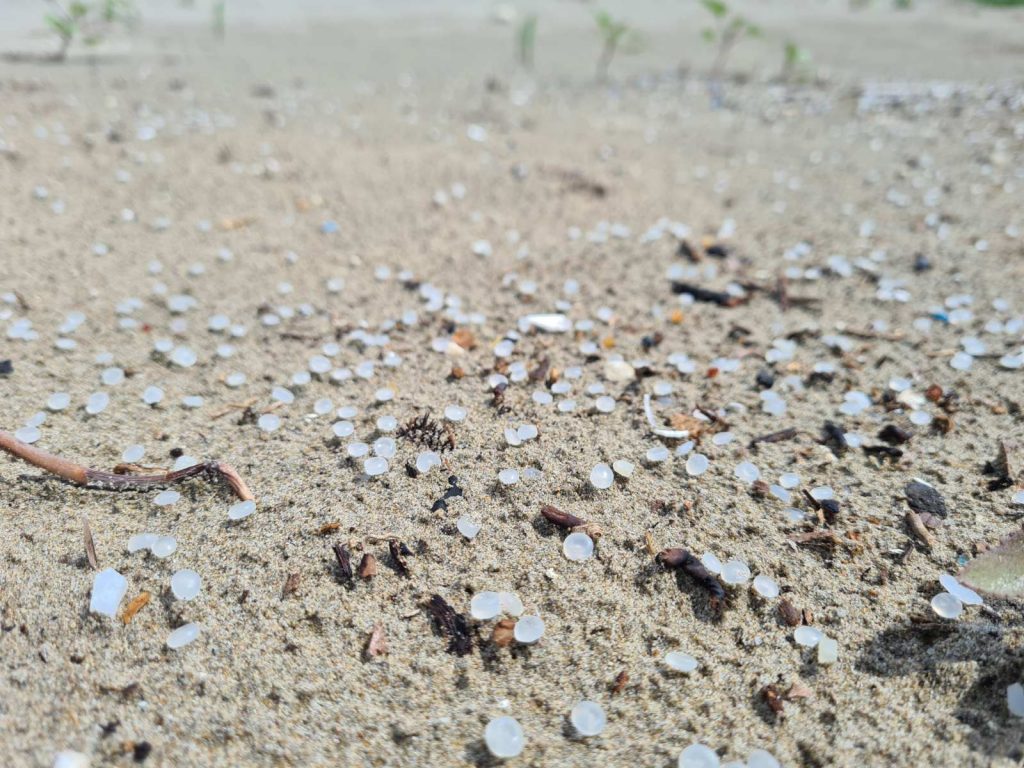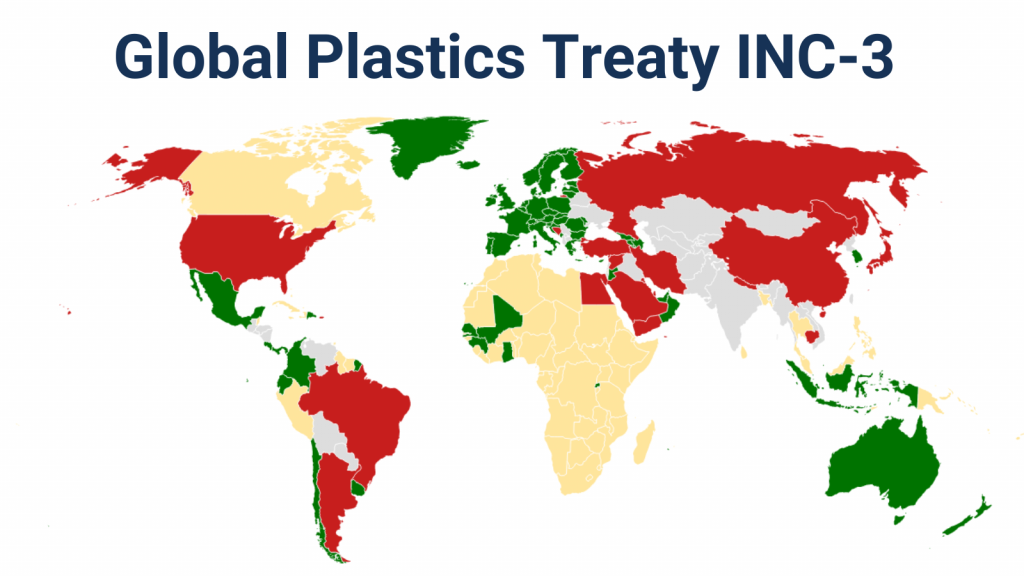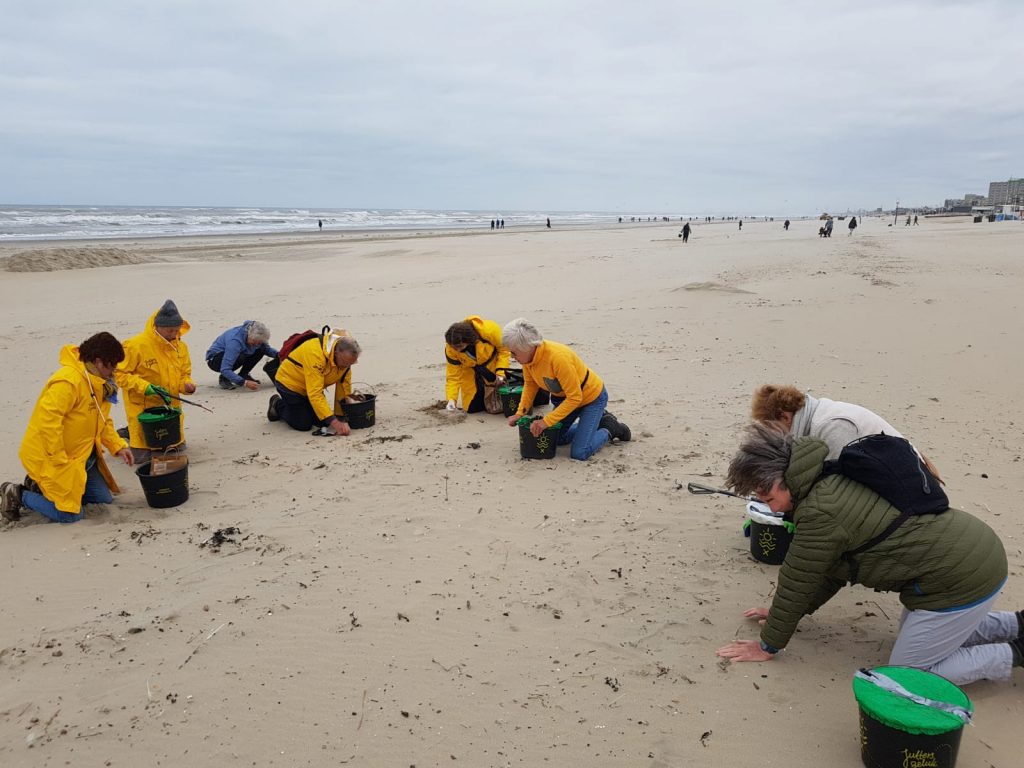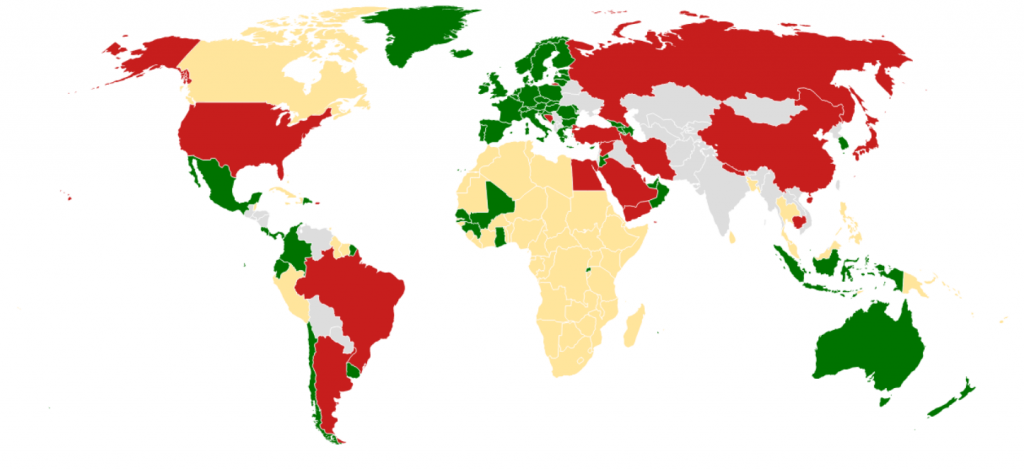Policy, regulation and litigation
Voluntary efforts by the plastic industry have not proven effective in ending pellet loss globally. Organisations around the world are now pursuing legal measures to hold industry to account for pellet loss and ensure pellet loss prevention is implemented across the plastic supply chain.
National, international and local or state wide laws are being developed and litigation is being used to address nurdle pollution.
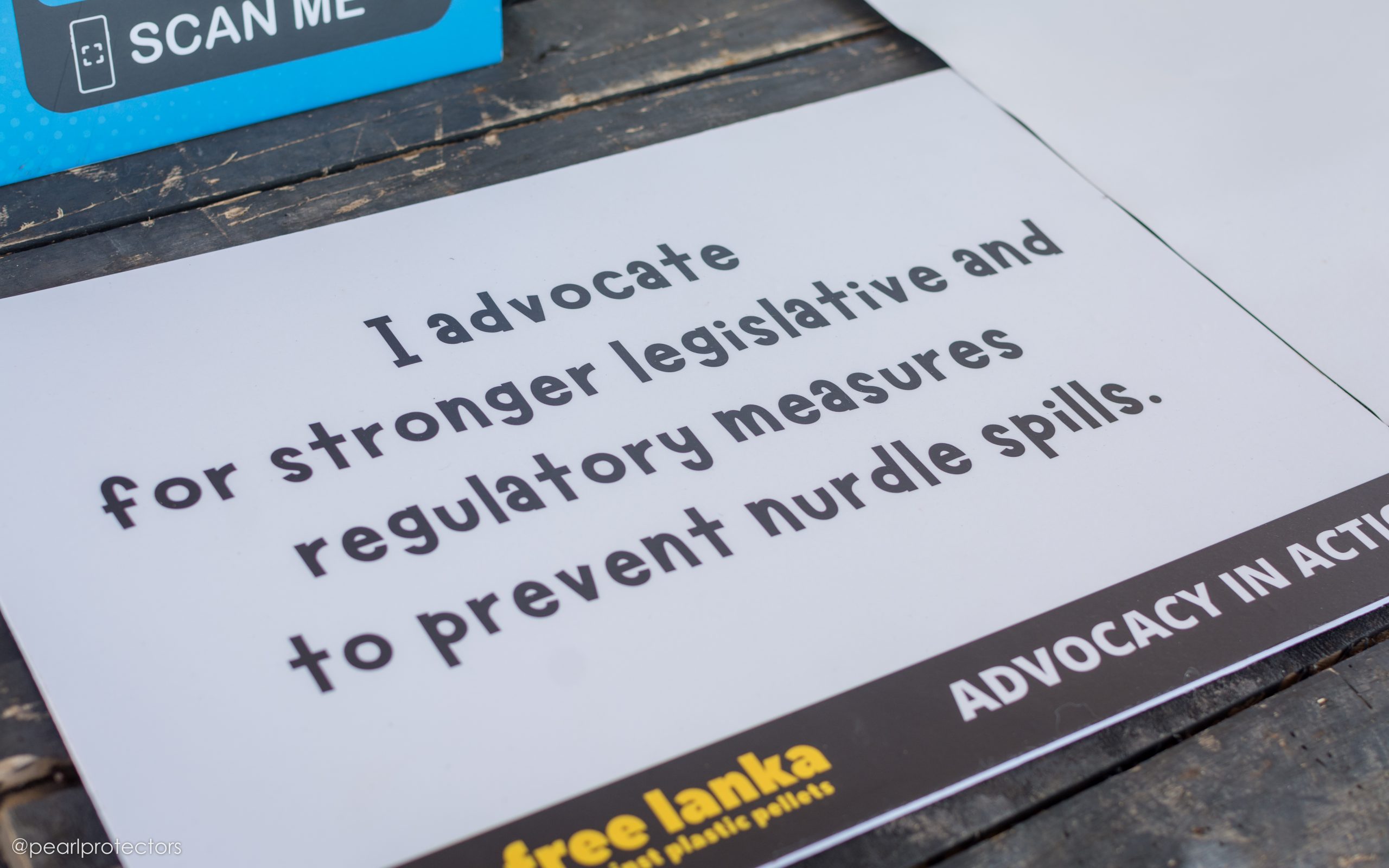
International Legally Binding Commitments
The plastic supply chain is global and plastic pellet pollution is now widespread. Global commitments to end pellet pollutions can be a useful tool if backed by national legislation and enforced. The UN Global Plastic Treaty, OSPAR commitments, and efforts to change the shipping codes with the International Maritime Organisation are just three examples of governments coming together to address this issue, often thanks to the support of NGOs in their regions.
National Legislation
Global commitments require robust national support and high ambition countries to lead the way. National legislation to require companies to prevent pellet loss and to control the pellet production, transport and conversion sites can make a big difference to national and international pollution prevention efforts.
State Laws and Local Authorities
In some countries states and local authorities have the ability to prevent pollution through stringent regulation and enforcement through environmental monitoring and enforcement and planning laws.
Solutions
More than one policy or law will be needed to address the issue and legislation must be implemented, monitored and enforced to be effective. A legislated supply chain approach could stop 95% of pellet loss but depends on having rigorous standards and certification scheme plus monitoring and enforcement. Manufacturing sites, ports and transportation routes need to avoid sensitive areas in accordance with local planning laws. Litigation may be needed to ensure this is being upheld.
Resources:
These resources have been developed by organisations around the world to support nurdle pollution. They can be referenced and used with appropriate credits and unless stated are not created or endorsed by Fidra or the Great Nurdle Hunt
Flora and Fauna International – Stemming the tide – putting an end to plastic pellet pollution – 2022 Report only
Overview of nurdle pollution and solutions 2022
EIA Report – Global treaty for plastic pollution resources
This short report by the EIA outlines A new global treaty for plastic pollution The passing of a UN Environment…
Rethink Plastic Alliance – A joint NGO position paper on REACH restrictions and reporting
Together with the Rethink Plastic Alliance, we have published a briefing calling for the EU to strengthen their reporting and…
Organisations working on nurdle policy, regulation or litigation
(Please note Fidra is not endorsing these organisations or their work we are simply helping you find people who may be working on nurdle pollution by listing them below)
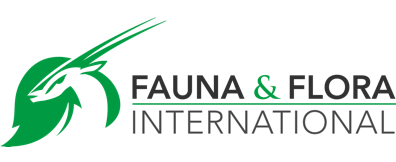


If you are working on this issue and want to be listed please add yourself to our directory here

